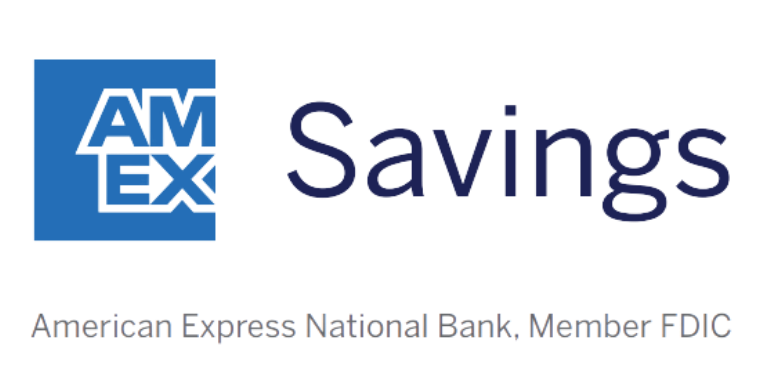With the Federal Reserve’s recent interest rate cut, finding a 5% certificate of deposit (CD) rate is getting harder. But even if you can secure a 5% CD, there are a few times when doing so may not be the best thing for your finances.
Despite CDs being a low-risk investment with a nearly guaranteed annual percentage yield (APY), you could regret locking up your money. Here’s when it could be best to avoid them.
1. It’s difficult to access your money for emergencies
One of the great features of CDs is that they offer APYs that are mostly guaranteed. As long as you leave your money in the CD for the entire term, you’ll earn the quoted rate.
But aside from no-penalty CDs, you’ll usually be charged a fee if you take your money out early. The fees can vary depending on which bank you open a CD with, but the penalty is usually 90 days of simple interest for CD terms of one year or less or 180 days of interest for CDs with longer terms.
Our Picks for the Best High-Yield Savings Accounts of 2024
|
Capital One 360 Performance Savings  APY 4.25% Rate info Min. to earn $0 Member FDIC. |
APY 4.25% Rate info |
Min. to earn $0 |
|
Discover® Online Savings  Min. to earn $0 Member FDIC. |
Min. to earn $0 |
|
|
American Express® High Yield Savings  APY 4.25% Rate info Min. to earn $0 Member FDIC. |
APY 4.25% Rate info |
Min. to earn $0 |
You might be thinking, “I won’t need the money in the CD; it’s fine if I lock it up for this time,” but emergencies happen, and if you don’t have enough cash in your savings account, you might have to tap your CD.
Before putting your money into a CD, make sure you have cash in your emergency fund to cover an unexpected expense — or it’ll cost you.
2. You can earn much more in the stock market
If you’re putting your money into a CD for a short time to outpace inflation, earning 4% or 5% is a great option. But if you continually put your money into CDs as a way to grow your retirement nest egg, you’re making a big mistake.
The historical annual average rate of return for the S&P 500 is 10.2%, far exceeding any CD rates. Yes, you can lose money in the market, but the potential for gains far outweighs the risk.
Let’s assume you have $10,000 and put it into CDs over 25 years, earning 5%. Over that time, you’d earn an estimated $33,863. But if you invest your money in the stock market, earning the historical annual return of 10.2%, you’d earn about $113,380!
This is just a rough example, and you’re not guaranteed positive returns in the stock market. But it’s clear that CDs can’t keep pace with the potential gains of the market.
3. You have high-interest debt
If you’ve got some extra cash you’re trying to figure out what to do with, investing it in something that’s nearly guaranteed to earn you money may seem like an obvious decision. But that can be a mistake if you have high-interest credit card debt.
Let’s say you’ve got $5,000 you’re debating putting into a 5-year CD with a 5% APY or using to pay off a credit card balance with an annual percentage rate (APR) of 20%. If you choose the CD, you’ll earn about $1,381 over that time.
But, over that time, you’ll have monthly payments on your credit card. Making monthly payments of $134 toward a $5,000 balance, paying 20% APR, will take five years to pay off and cost you $2,884 in interest.
All of this means that paying off your high-interest debt gives you a much better return than investing in a CD, even if that CD pays an impressive interest rate.
There’s nothing wrong with putting your money into a high-yield CD. But if you don’t have enough money in your savings account for emergencies, need to build your nest egg, or have high-interest debt, it’s probably not the best option for you right now.

